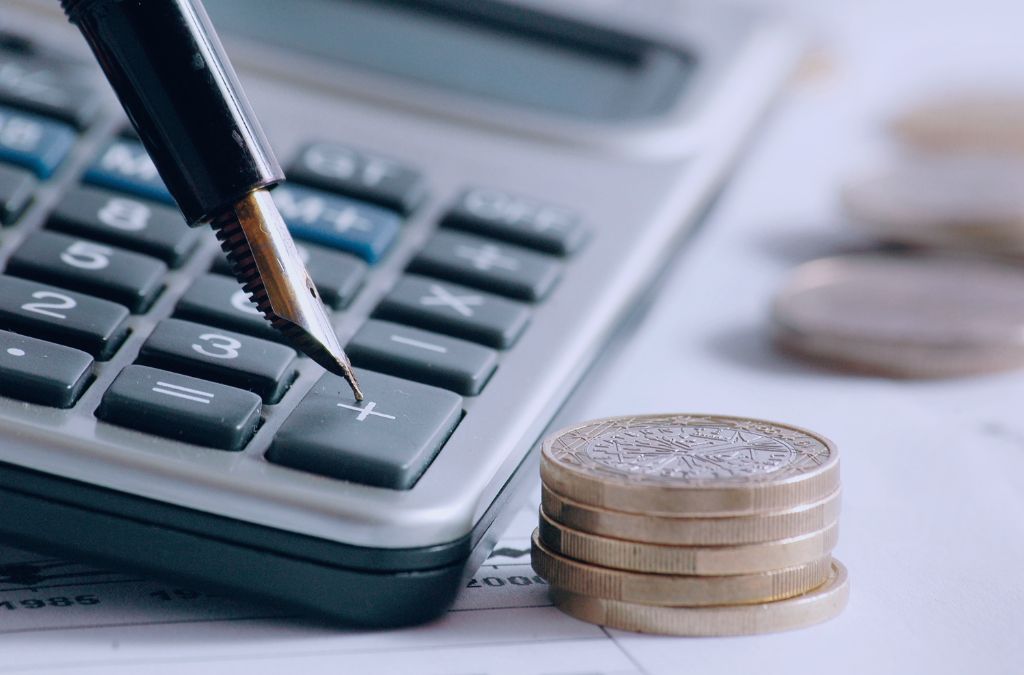Running a business from home in the UK is not only about managing daily operations but also about optimizing costs. One of the key tools to improve financial efficiency is deducting business expenses from tax. This article provides detailed information to help you understand which expenses you can include in your accounting records.
1. Office Expenses – Working from home
If you run your business from home, HMRC allows you to deduct office-related costs in two ways: as a fixed amount or a proportional percentage.
Fixed Amounts
Fixed amounts offer a simplified solution, allowing you to deduct specific values depending on the number of hours worked at home:
- £10 per month if you work from home 25 to 50 hours per month
- £18 per month if you work 50 to 100 hours per month
- £26 per month if you spend over 100 hours per month working from home
There is no need to document detailed costs—meeting the above hourly criteria is sufficient.
Proportional Deduction
If you want to account for your expenses more accurately, you can deduct a proportional share of the costs related to running your business from home. This includes rent, electricity, gas, water, and heating bills.
To calculate the proportional share:
- Determine the space used for business (e.g., one out of five rooms in the house)
- Consider the time spent working in that space
- Calculate the total cost of maintaining the home
The proportional method requires maintaining detailed records, including work hours and home maintenance costs.
2. Business Travel – How to Deduct Costs Effectively?
Transport is one of the most common business expenses. You can deduct:
- Private vehicle use: 45p per mile for the first 10,000 miles and 25p for each additional mile. Keep mileage records!
- Company vehicle expenses: 100% deductible if the vehicle is used solely for business purposes.
- Public transport tickets: Includes buses and trains used for business purposes.
To effectively deduct travel expenses, maintain detailed records. Well-organized logs not only facilitate precise cost deductions but are also useful during potential HMRC audits. Keep the following records:
- Mileage log: Date, travel purpose, number of miles, and route details (e.g., Birmingham – London).
- Fuel receipts, parking fees, and toll charges: Even if using mileage allowance, keeping receipts can provide additional proof.
- Public transport tickets: Bus, train, or flight receipts.
3. Office Equipment and Supplies
- Small work equipment: Purchases of small devices (e.g., phones or printers) up to £200 or higher, depending on business size, are fully deductible.
- Consumables: Printer ink, pens, notebooks, and software programs are fully deductible business costs.
🔹 Tip: For more expensive equipment, consult an accountant to determine whether you can deduct the cost immediately.
4. Phone and Internet – Proportional Costs
- Mobile phone: If used solely for business, 100% of costs can be deducted. For a personal phone, deduct only the business-use proportion.
- Home internet: The same rules apply as for mobile phones.
5. Marketing and Advertising
Marketing expenses are crucial for business growth. You can deduct costs for:
- Online campaigns (e.g., Facebook Ads, Google Ads)
- Website development
- Printing flyers and business cards
🔹 Tip: Investing in marketing not only reduces tax but also helps grow your business.
6. Trivial Benefits and Corporate Events
Gifting employees is a great way to boost morale, motivation, and appreciation. HMRC allows businesses to deduct these costs under trivial benefits, provided certain conditions are met.
- Vouchers up to £50 per person: Can be given as long as they are not performance-based rewards or cash-exchangeable.
- Annual gift limit: £300 per person.
- Team-building events: Up to £150 per employee per year, provided the event is open to all employees.
7. What Cannot Be Deducted?
Some expenses, such as business entertainment (e.g., client dinners), are not recognized by HMRC as deductible business costs. Exceptions include:
- Promotional gifts up to £50 per person, if they meet HMRC conditions:
- Must not contain food, drinks, tobacco, or cash-exchangeable vouchers.
- The company’s advertisement must be directly on the gift, not just on the packaging.
- A client cannot receive multiple gifts exceeding £50 in total within a tax year.
Why Is Proper Accounting Important?
Maintaining accurate records and understanding deduction rules is key to managing your business effectively. All receipts must be kept for at least six years and be ready for presentation in case of an HMRC audit.
Seek Professional Help
Managing business accounting and tax optimization can be complex. As a qualified accountant with years of experience, I help UK entrepreneurs with bookkeeping, tax returns, and HMRC communications.
📞 Need accounting assistance? Contact me today!
Need help?
Need an accountant? Call me now!
Similar articles:
Maximise Your Savings: Energy Efficiency Tax Relief for UK Businesses
In an era where sustainability is not just a buzzword but a business imperative, the UK government is offering substantial incentives for companies investing in energy efficiency. These tax reliefs and support programmes not only help businesses reduce their...
5 Clever Ways to Reduce Taxes for Your UK Construction Company
Did you know your construction company could be paying significantly less in taxes than it currently does? As an experienced accountant specialising in the construction industry, I want to share with you five proven methods that will help you save money and increase...
Why It’s Worth Organising Corporate Events
Corporate events are an excellent way to build teamwork, boost employee morale, and create a positive atmosphere at work. Besides the benefits associated with integration and relationship building, there are also specific financial advantages that these events can...




